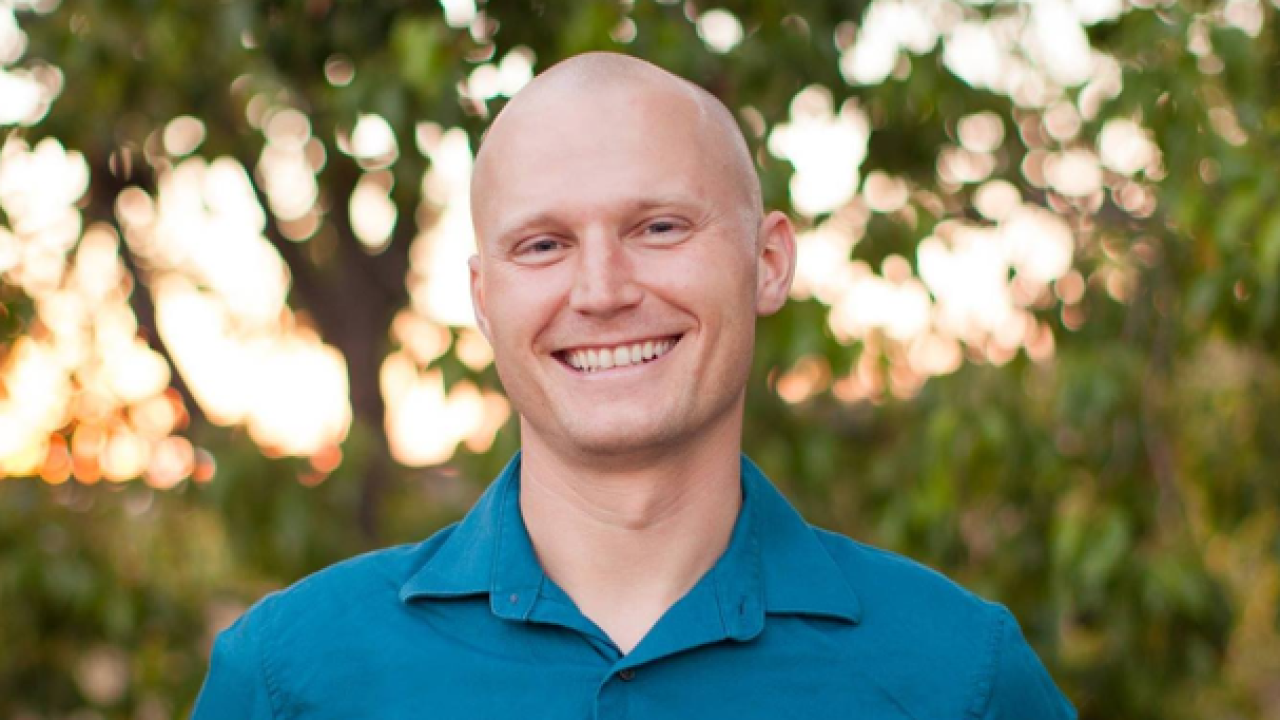Gentile's co-defendant, Jeffry Schneider, who ran Texas-based Ascendant Capital, also was convicted of securities fraud and conspiracy charges by a federal jury in Brooklyn, New York, following a trial that lasted more than seven weeks.
Prosecutors in the office of Brooklyn U.S. Attorney Breon Peace argued Gentile and Schneider
"GPB was built on lies," prosecutor Nicholas Axelrod told jurors during opening statements at the trial. "It's about greed and it's about fraud. It's about investors who were lied to for years and years about the basic facts of their investments."
READ MORE:
Gentile was found guilty of five counts, including securities fraud, wire fraud and conspiracy, and Schneider was convicted of three counts, including securities fraud and conspiracy. Both face as many as 20 years in prison on securities fraud.
U.S. District Judge Rachel Kovner set a sentencing date for Oct. 24.
Lawyers for both men declined to comment after court, but they told the judge they will file motions to set aside the verdict.
GPB, founded in 2013, described itself as an alternative asset manager that acted as a general partner and manager for other funds, which invested in businesses including automotive retail, waste management and health care.
Gentile's lawyer Matthew Menchel argued investors were told they could be paid with their own funds. He and Glenn Coulton, a lawyer for Schneider, both argued their clients hadn't committed any wrongdoing and said the case would have been better handled as a civil suit and not as a criminal matter.
The government's case featured an insider's account from Jeffrey Lash, a former GPB managing director who pleaded guilty to wire fraud and testified in the hopes of receiving a lenient sentence.
GPB used the funds to subsidize private planes and luxury travel for the three executives, according to a separate lawsuit filed in 2021 by New York Attorney General Letitia James, which is still pending. Payments went to their personal bank accounts and to family members, and Gentile even purchased a Ferrari with the money, James alleged.
The Securities and Exchange Commission alleges in a related suit that some 17,000 investors were affected, about 4,000 of them seniors.






